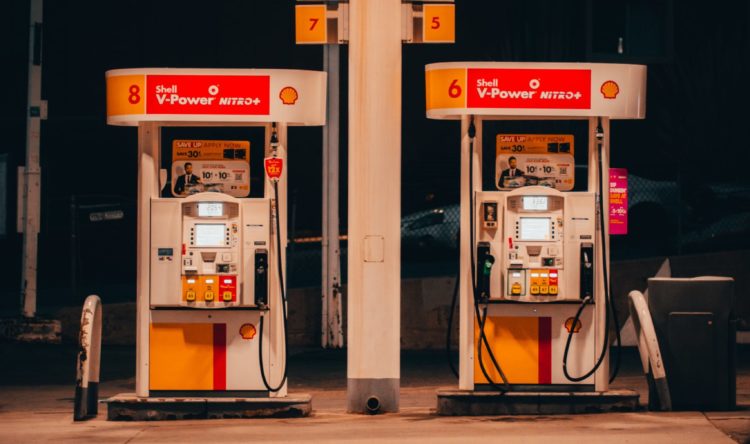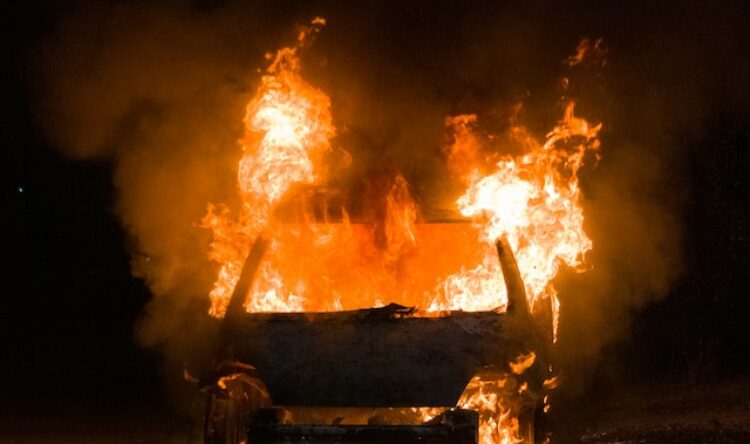Will the coronavirus outbreak lead to lower petrol prices?
A sudden fall in demand for oil due to the coronavirus outbreak in China means drivers in the UK should expect a cut in the price of fuel this week, according to the RAC
Obviously risk to life is the top concern when it comes to coronavirus, but UK drivers may also be interested to learn that events like this outbreak can also affect fuel costs.
A barrel of crude fell below $60 a barrel last Friday and is likely to fall even further on Monday as the amount of oil used by China – the world’s second largest oil consumer – plummeted due to people restricting their travel plans.
Prior to the outbreak there had been fears the price of oil would rise due to tensions between Iran and the United States. However, RAC Fuel Watch data shows that there was only a very short-lived price rise after the US assassinated an Iranian general and Iran’s subsequent retaliation.
Since then the oil price fell away which now gives fuel retailers the scope to cut petrol prices by 4p a litre in the next fortnight. Diesel should come down by at least 5p a litre if the UK’s retailers play fair with drivers.
RAC fuel spokesman Simon Williams said: “Some drivers are no doubt aware that fuel prices in the UK are affected by global events, but many will be shocked to hear the coronavirus outbreak in China should lead to the price of petrol and diesel falling dramatically.
“We urge the supermarkets, who are so influential in what drivers pay for fuel due to their massive market share, to pass on the wholesale savings they’re benefiting to motorists at the pumps, especially as they have actually increased forecourt petrol prices every day since 2 January.
“Drivers have been unfairly punished as a result of the very short-term oil price rise caused by tensions in the Middle East. It seems as though the big four supermarkets have been capitalising on this as the oil price has fallen steadily from a high of $69.82 on 6 January to $59.75 on 24 January. This is the first time oil has been under $60 a barrel since 31 October 2019.”





